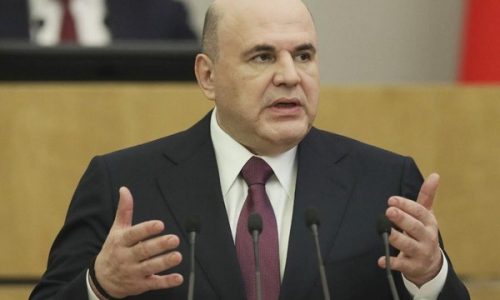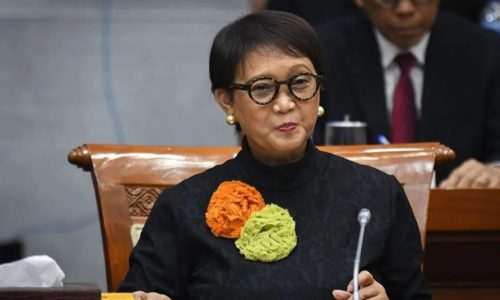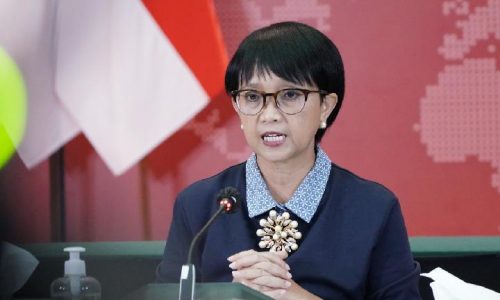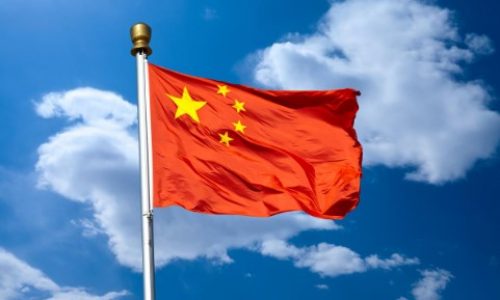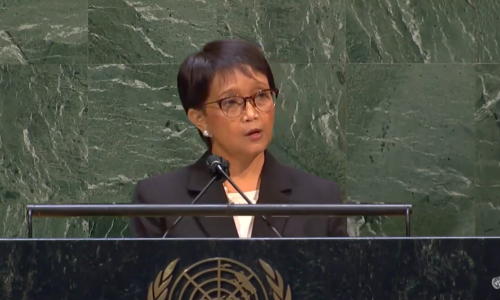China’s conditions for a meeting between U.S. President Joe Biden and Chinese President Xi Jinping, as outlined by China’s Ministry of State Security (MSS), include the United States showing sincerity for such a meeting to take place.
The unusual involvement of China’s national security apparatus in diplomatic affairs indicates a shift in Xi Jinping’s diplomatic approach, focusing on national security as a core element of foreign policy.
Xi appears to be integrating diplomacy into a national security framework, with a primary emphasis on personal power security, party rule, and the security of China’s core national interests.
This shift suggests a transition from an offensive to a more defensive foreign policy posture. Xi may view the current diplomatic environment as a threat to his political security and is increasingly concerned about “color revolutions” and economic challenges, potentially leading to a focus on domestic consolidation of power and security.
This action further highlights Xi’s reduced foreign diplomatic engagement in 2023, suggesting a possible shift away from the active diplomacy that characterized his first decade in power.
Challenges in diplomacy, strained relationships with Indo-Pacific allies, and setbacks in flagship projects like the Belt and Road Initiative may be contributing to Xi’s reassessment of his diplomatic strategy.
However, Xi is not necessarily abandoning his global ambitions but may be retracting before striking, aiming to consolidate China’s existing positions and make the country stronger in the face of diplomatic challenges.
Overall, China is evolving its foreign policy approach and President Xi Jinping’s priorities regarding diplomacy and national security. Suggesting that China may be adopting a more defensive stance in its foreign policy to address current challenges.




